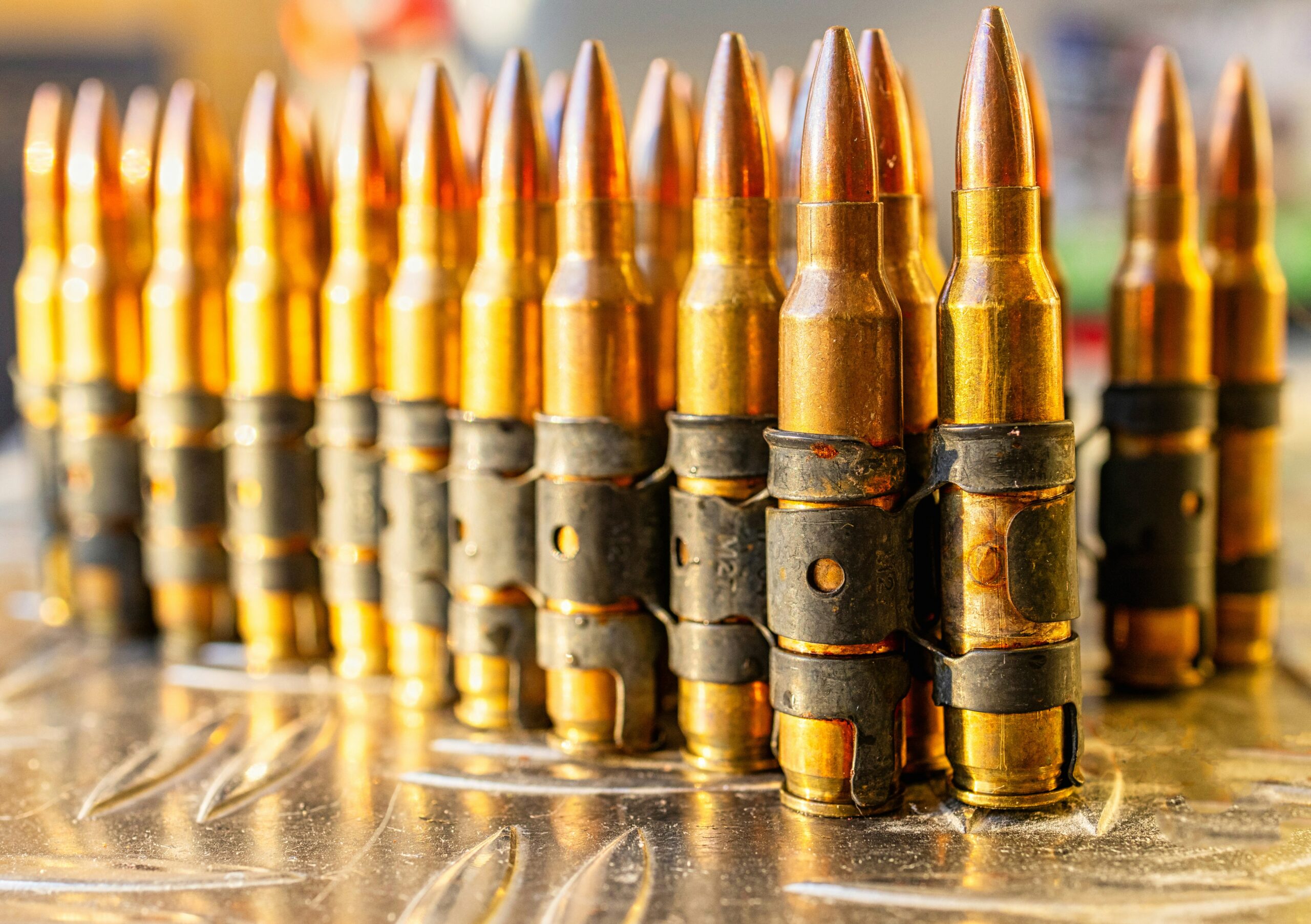
Choosing the correct ammunition isn’t just about firepower — it’s about purpose. Whether tracking game in the wild, protecting your home, or chasing victory in a competitive shooting event, the type of ammunition you load makes all the difference. Each use case demands a different balance of power, precision, and reliability. Let’s explore how to make the best choice for hunting, self-defense, and competitive shooting without wasting rounds or time.
Ammunition Basics: What You Need to Know First
Before diving into specific use cases, it’s essential to understand the core components of a cartridge. Each round consists of the casing, primer, powder, and bullet. While many calibers may look similar, their ballistics — including speed, trajectory, and impact — vary significantly. These differences affect how a bullet behaves when fired, which is critical to making the right choice for your needs.
Additionally, not all firearms are compatible with every round. Always consult your firearm’s manual before purchasing ammo. Using the wrong caliber can result in poor performance or even catastrophic damage. Now that we’ve covered the foundation, let’s examine the best ammunition for each scenario.
Hunting: Precision and Power in Every Shot
Hunting ammo needs to deliver both accuracy and stopping power. Typically, hunters choose rounds capable of providing a clean, ethical kill with minimal animal suffering. This means selecting a bullet that expands on impact — such as soft-point (SP) or ballistic-tip rounds — to transfer maximum energy into the target.
For large game like elk or moose, cartridges such as the .30-06 Springfield, .300 Winchester Magnum, or 7mm Remington Magnum are popular choices. These rounds offer a combination of deep penetration and lethal expansion. Meanwhile, for smaller game like deer or hogs, hunters often turn to .243 Winchester or .270 Winchester for their flatter trajectories and lighter recoil.
Furthermore, regional laws may limit the types of ammo you can use, especially for hunting specific animals. It’s wise to check your state’s regulations before heading into the field. While some areas allow lead bullets, others require copper or other non-toxic materials to protect the environment. With the proper ammunition, every shot becomes more humane and effective.
Self-Defense: Trust Your Life with the Right Load
When it comes to self-defense, reliability and controlled penetration are top priorities. The last thing you want in a life-threatening situation is a misfire or over-penetration that could endanger others. That’s why most experts recommend jacketed hollow point (JHP) bullets. These rounds expand upon impact, reducing the risk of passing through a target and causing unintended harm.
Popular calibers for personal protection include 9mm, .40 S&W, and .45 ACP. Of these, 9mm has gained favor due to its manageable recoil, handgun capacity, and stopping power improvements thanks to modern bullet design. Many law enforcement agencies carry 9mm JHP rounds for their duty and backup weapons.
Moreover, home defense brings its own set of challenges. If you’re using a shotgun, 00 buckshot is the standard for close-quarters engagement. However, lower-penetration options like #4 buckshot may offer better safety without sacrificing effectiveness for those in apartments or urban environments. No matter the platform, testing your ammo at the range builds confidence and helps ensure you’re prepared when seconds count.
Competitive Shooting: Speed and Precision Matter
In competitive shooting, accuracy is king — but so is speed. Competitions such as IPSC, IDPA, and 3-Gun require ammunition that delivers tight groupings, quick follow-up shots, and consistent performance. Shooters often hand-load their ammo to fine-tune recoil and velocity to suit specific match requirements.
For pistol disciplines, 9mm remains the gold standard due to its affordability and ease of control. Many competitive shooters favor lighter bullet weights, such as 115-grain or 124-grain, paired with low-recoil powder charges to maintain precision without sacrificing speed. While factory loads can work well, handloading allows competitors to tailor ammo specifically to their firearm and shooting style.
Meanwhile, long-range performance takes center stage in rifle competitions like PRS (Precision Rifle Series). Calibers like 6.5 Creedmoor and .308 Winchester dominate the field thanks to their flat trajectories, mild recoil, and wind-resistant characteristics. In this arena, consistency is critical — every cartridge must perform the same under pressure. Even slight variations can be the difference between winning and missing the mark.
Choosing Wisely: Factors That Affect Performance
As you weigh your ammunition options, consider several key factors: reliability, cost, availability, and firearm compatibility. For instance, premium defensive rounds may cost more, but their performance under pressure justifies the investment. On the other hand, practice ammo doesn’t need the same features — full metal jacket (FMJ) rounds are ideal for training and target shooting at a fraction of the price.
Equally important is understanding your firearm’s preferences. Some guns function better with specific bullet shapes or loads. Testing different brands and types can reveal which ammo delivers your setup’s best reliability and accuracy. Remember, even two firearms of the same model might react differently to the same ammo.
In addition, ongoing supply chain fluctuations can impact availability. Stocking up on your preferred rounds during sales or high supply periods can save money and reduce frustration. And for those serious about performance, keeping detailed notes on how different loads perform will help you make better decisions over time.
Match the Ammo to Your Mission
Ultimately, the best ammunition depends on the task at hand. For hunting, choose rounds that balance precision and power. For self-defense, prioritize expansion and reliability. And for competitive shooting, seek consistency and speed. No single type of ammo fits every purpose, which makes shooting sports, personal protection, and hunting so dynamic.
By understanding how ammunition behaves and selecting it thoughtfully, you maximize performance, safety, and confidence. After all, when the shot matters most, the right round makes all the difference.